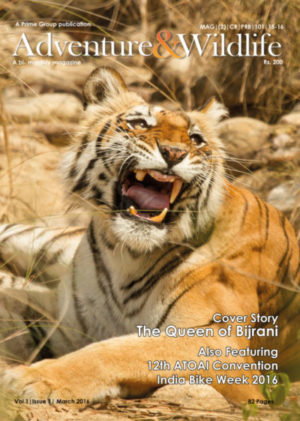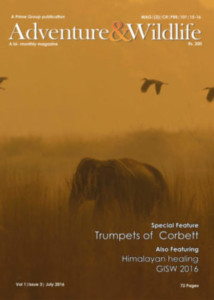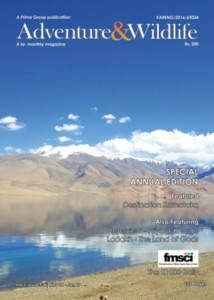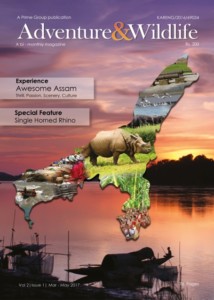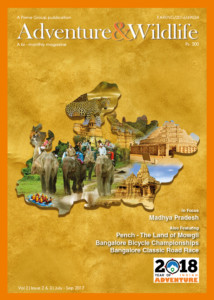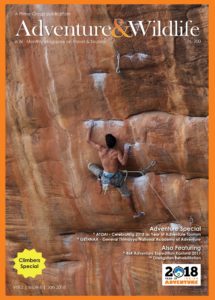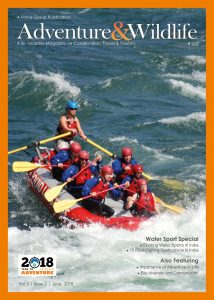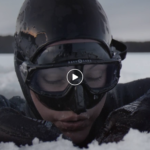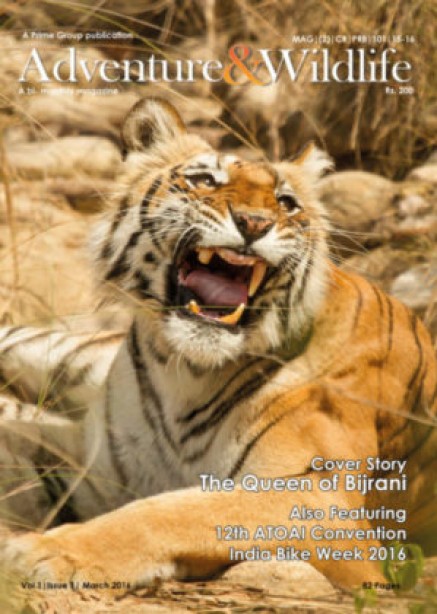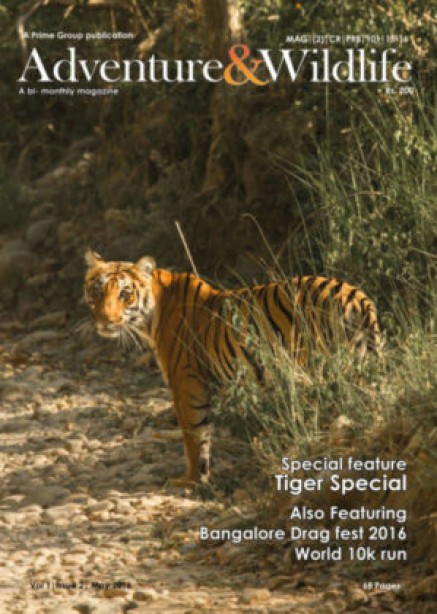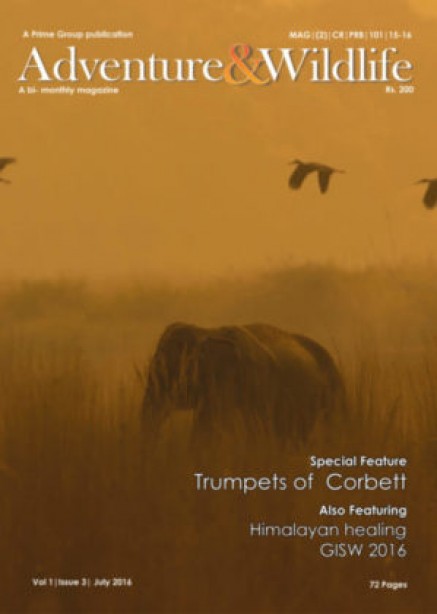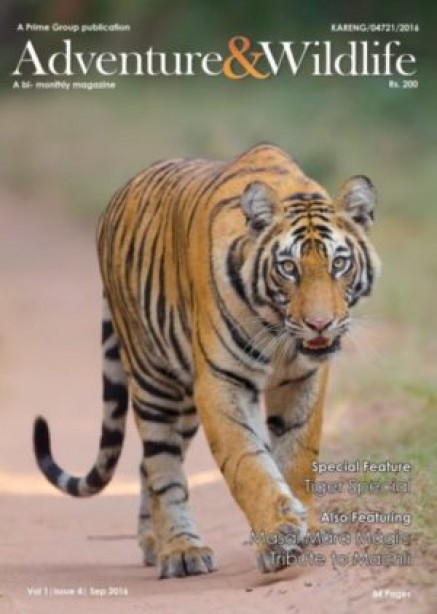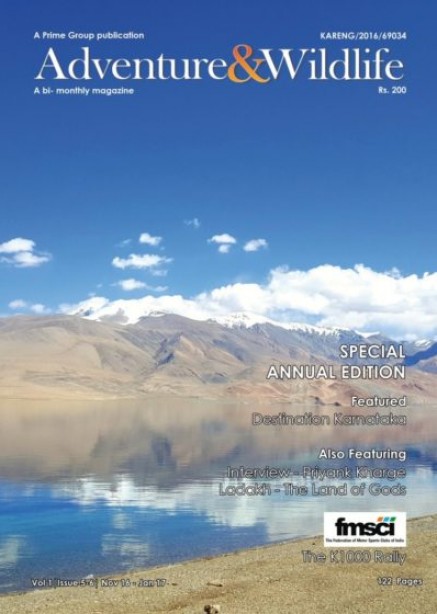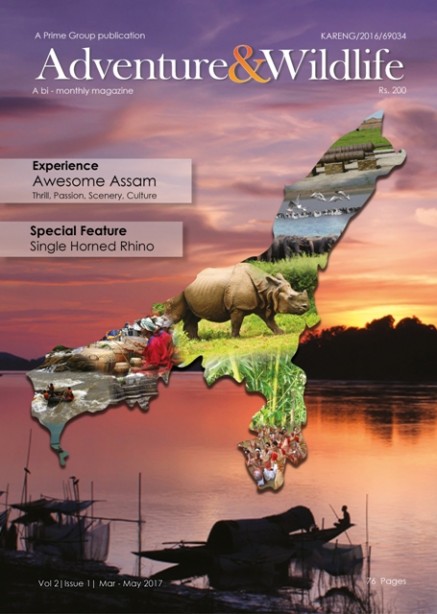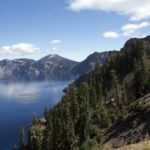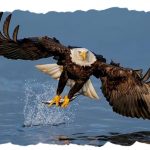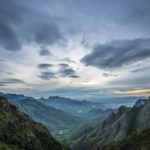
Saving endangered species to help save ourselves
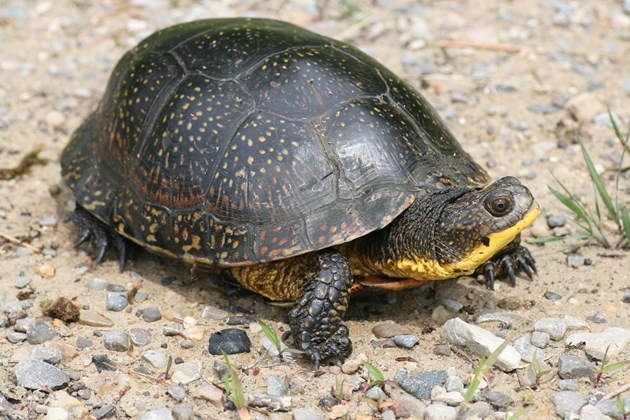
Last week, a UN report was released that found almost a million animals are threatened by extinction
The report, which had over 400 contributors from 50 countries, says many of these species could disappear within the next few decades.
“What it identified was that we are in an extinction crisis, that the diversity of plants and animals that we have on planet Earth is rapidly declining,” says Dan Kraus, a natural conservation biologist with the Nature Conservancy of Canada. Kraus says there are several major causes of species extinction, most caused by humans. “We know that most species are being lost because of habitat loss,” he says. “But they’re also being driven to extinction by over-exploitation, climate change, and invasive species.”
The extinction of these species will not only affect the animal ecosystem, but also human beings. “Many of our economies rely on the natural wealth that nature has provided, and when that erodes it’s going to affect people,” Kraus tells NEWS 95.7’s The Todd Veinotte Show.
Canada alone has over 1,000 endangered species, including 300 that only exist here. “In Canada we still have places that have extraordinary biological diversity,” Kraus says. “But the decisions that we make in the next generation are really going to decide the fate of those places.”
Kraus says most people don’t think about Canadian animals when they think about endangered species. “They’re going to name tigers or pandas or gorillas,” he says.
The Nature Conservancy of Canada wants to get more people thinking about species like the Atlantic Whitefish and the Blanding’s Turtle. “Those as well are ones that we’re responsible for deciding their fate, if we’re going to pass them on to future generations or if they’re going to stop here,” says Kraus.
If we don’t do something, he says these species will see the same fate as Passenger Pigeons and the Great Auk, within our lifetime. “This is our backyard and we’re responsible for it,” Kraus says. Kraus stresses the loss of these animals will adversely affect human welfare. “Look around the world at places where they’ve lost pollinators, or where they’ve lost a lot of wetlands,” he says. “There can be direct impacts on people.” For example, Kraus says forests absorb carbon, prevent floods by holding water, and provide habitats to animals.
He hopes that Canadians realize there is still time to make change to save species at risk. “The challenge now of our generation is stopping habitat loss,” says Kraus. “We’re not just saving nature, we’re really saving ourselves”

